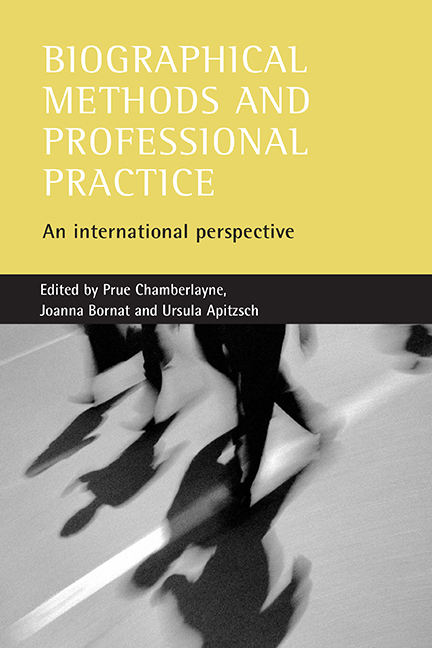Book contents
- Frontmatter
- Contents
- Notes on contributors
- one Introduction
- Part One Putting the subject into policy and practice
- Part Two Subjectivity in context
- Part Three Self-awareness in research and practice
- Part Four Recognising trajectories of disempowerment
- Part Five Biographical resources in education and training
- Index
twenty-one - Intercultural perspectives and professional practice in the university: what’s new in Germany
Published online by Cambridge University Press: 20 January 2022
- Frontmatter
- Contents
- Notes on contributors
- one Introduction
- Part One Putting the subject into policy and practice
- Part Two Subjectivity in context
- Part Three Self-awareness in research and practice
- Part Four Recognising trajectories of disempowerment
- Part Five Biographical resources in education and training
- Index
Summary
‘Foreign’ students at German universities
Attracting students from other countries and world regions has been an objective for German universities for some time, and more recent policies have facilitated the admission of foreign students. Their attendance is understood as contributing towards internationally recognised standards of education. It was always expected that graduates would act as multipliers upon their return to their countries of origin, although currently there is also a perceived need that for a competitive economy, highly qualified graduates should stay on in Germany to work. At the universities, new study courses and credit point systems have been established towards internationally comparable academic degrees. Intensive academic contacts have developed through student and lecturer exchange programmes funded by the European Commission. Through cooperation in international research projects, a new transnational academic landscape has emerged, at least among the EU and accession countries. And, as everywhere, students and lecturers have gained a more global understanding of subjects and issues through electronic media.
With these ongoing changes in perspective in German universities, there are also social changes in the composition of the student body. Very few lecturers are of foreign origin, but many students, at least in the western part of Germany, are either children of former ‘guest workers’ or other immigrant families, or have come from abroad to study. That there can be ‘foreigners’ born in Germany is a consequence of German citizenship laws, which until very recently have reserved German citizenship to those born of German descent.
In many ways, the attendance of students of ‘foreign’ background at German universities presents a new situation that has not yet been recognised in its potential for teaching and research practice and, possibly, its implications for social theory. In this chapter, we would like to describe some aspects of this situation and ask how social knowledge can emerge, as part of professional academic practice. Over the course of the last few years we have observed certain positive changes. Topics of migration have become more generally interesting, for students from varied immigrant and local backgrounds. ‘Migration’ does not automatically evoke a discourse on social problems but can rather lead to discussions of more general changes in society. We also noticed that students’ (family) backgrounds are referred to more frequently and talked about more openly.
Information
- Type
- Chapter
- Information
- Biographical Methods and Professional PracticeAn International Perspective, pp. 313 - 330Publisher: Bristol University PressPrint publication year: 2004
